
One way of making money for the communist state was to sell its citizens who wished to leave the country.
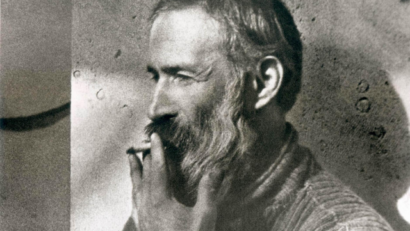
Constantin Brancusi as seen by some of the people who knew him.
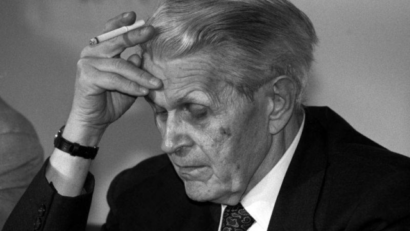
Corneliu Coposu was the quintessential Romanian politician.
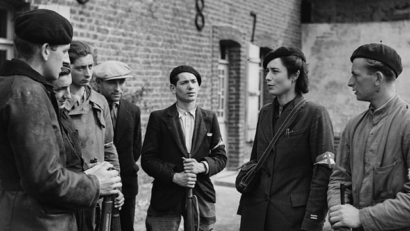
The generation who fought against Fascism strongly believed in the ideals of socialism and communism.
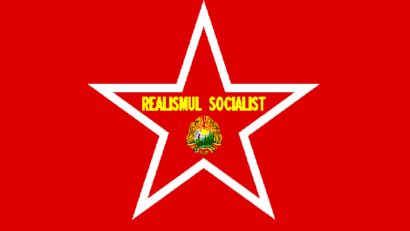
Literature was one of Communists favourite forms of art. Through the special persuasion enforced by literary texts, the regime had gained more success than literary historians are willing to admit.
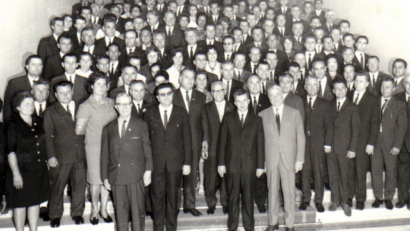
The Academy was designed by the communist regime to shape the new politicl activits of the time.
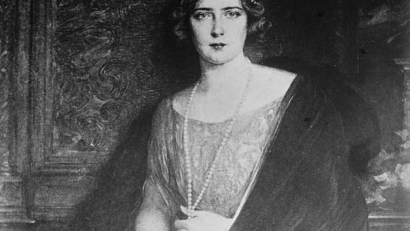
Princess Marie of Hohenzollern-Sigmaringen was born on 6th January 1900 as the third child and second daughter of Prince Ferdinand, the future King of Romania, and his wife, Marie.

In the 1960s, the Romanian Communist Party tried to distance itself from USSR's Stalinist policies.

A look at scholarly means of justifying the violence and brutality of the communist regime in Romania.
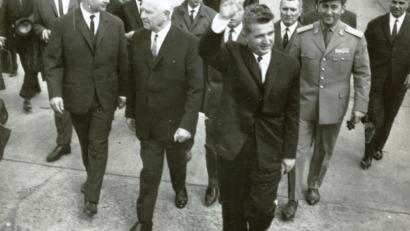
Nicolae Ceausescu became the leader of the Romanian Communist Party, at the 9th Party Congress, held in 1965. At the time, he was seen as a representative of the younger generation and a man eager to embrace change and able to fix the mistakes of the past
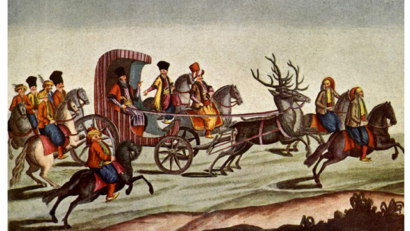
Greeks are the oldest people to make it to Wallachia and leave a mark on the territories of today Romania.
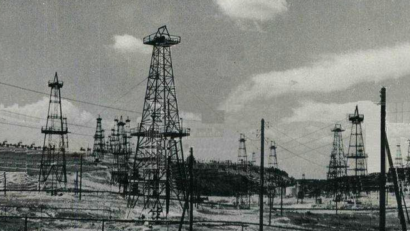
In 1945 Romania took sides with the powers that crushed the Axis Coalition. However, Romania was considered a defeated country, on account of its...
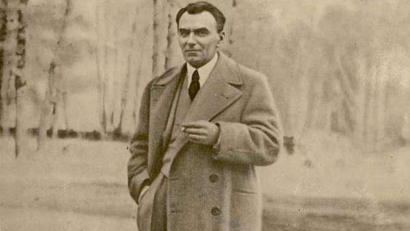
Historical eras are sometimes marked by strong personalities, be they in politics, social life or culture.
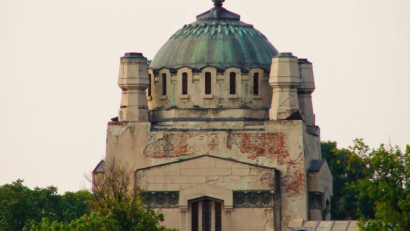
One of the most unconventional ideas in the conservative Romanian society of the late 19th century was the incineration of the dead, to replace the traditional earth burial.
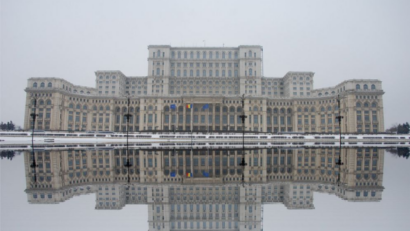
The Parliament Palace has always been the most controversial building in Bucharest.
